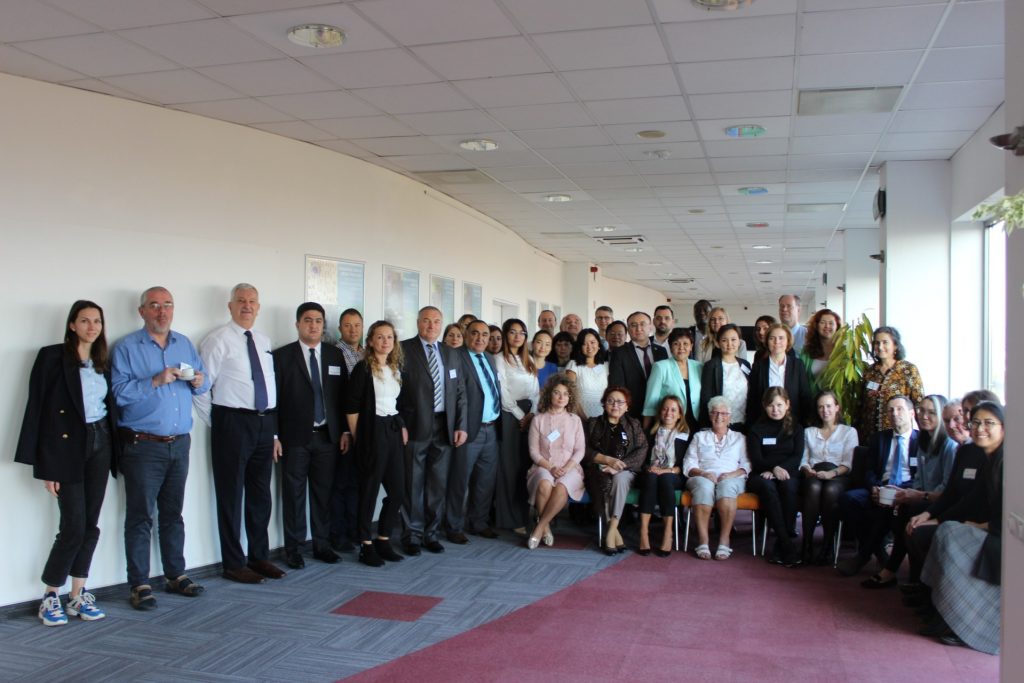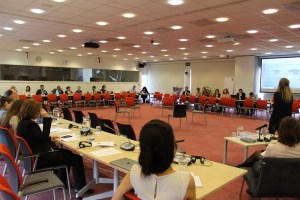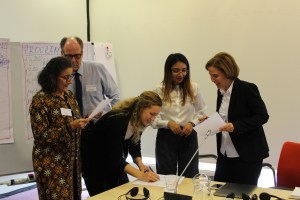Featured on BOND’s website: 2019.11.14.

Multi-stakeholder partnerships (partnerships that are composed of a variety of actors: farmer organizations, civil societies, NGOs, decision-makers, academia, private sector, etc.) for sustainable food systems and agriculture have paramount importance for the development of local and regional climate change adaptation strategies. Since the FAO supports and puts a special emphasis on the creation of such partnerships, the Hungarian Regional Office of the FAO brought together the major agricultural actors of the European and Central Asian region in order to start a constructive dialogue on partnership development.


A two-day workshop was organized in Budapest on the 24-25th of October. Védegylet, representing civil society, also participated in the event.
Best practices and key factors that contribute to successful partnerships were presented and discussed by four international organizations: EIT Climate-KIC, International Sustainability, and Carbon Certification, EIP-Agri and the Transnational Institute. One of the key components, for instance, is to find tailor-made, context-specific solutions with a territorial and holistic approach considering the needs of all stakeholders instead of adopting the ’one-size fits all’ approach. Moreover, it is essential that all actors are involved in the knowledge co-creation process in order to get to know each other’s specific objectives, problems, and benefits from the partnership which builds trust between the stakeholders.

The workshop resulted in the creation of three concrete project ideas involving multi-stakeholder partnerships that fit to be implemented in one of the countries of the European and Central Asian region.

